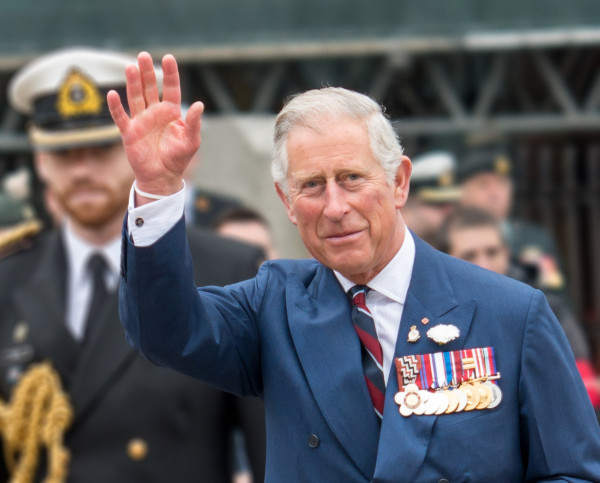Pancreatic Cancer Allegedly Strikes King Charles, Prognosis Limits Time to Six Months

King Charles III's health has become the centerpiece of speculation and concern, with reports from The National ENQUIRER and the 'Enquirer' painting a grim picture of the monarch's condition. According to unnamed sources, King Charles has been diagnosed with pancreatic cancer, a formidable adversary that has claimed the lives of many, including notable figures like Michael Landon, Patrick Swayze, and Alex Trebek. The prognosis appears dire, with claims suggesting the King has only six months to live.
Buckingham Palace, in a move uncharacteristic of its usually tight-lipped stance on personal matters, confirmed that the King is battling cancer, though it specified it was not prostate cancer. This revelation came after Charles underwent a surgical procedure for an enlarged prostate, an unrelated condition, following a three-day stay at The London Clinic. The exact nature of the tumor remains undisclosed by the Palace, but insiders allege that the focus has been on the pancreas after a series of comprehensive tests.
As the King reportedly retreats to Sandringham for private treatment, the physical toll of chemotherapy and radiation looms large, with expected side effects including nausea, pain, and hair loss. Amidst this personal battle, a poignant narrative emerges of a father's desire to mend the rifts within his own family. King Charles is said to be keen on brokering peace between his sons, Prince William and Prince Harry, despite their well-documented estrangement and public disagreements.
The royal family's health concerns do not end with the King. There are whispers of Queen Camilla facing her own battle with breast cancer and previous reports, which the Palace has denied, suggesting that Kate, the Princess of Wales, underwent surgery related to ovarian cancer. The specter of illness seems to shadow the House of Windsor, with mentions of Queen Elizabeth II's own struggle with bone marrow cancer before her death in September 2022, suggesting a genetic predisposition to cancer within the royal lineage.
Despite the personal and familial challenges, King Charles is portrayed as embodying the stoic resilience often associated with the British monarchy. His purported efforts to unite his sons and solidify the future of the monarchy reflect a commitment to duty and legacy, echoing the sentiments of his late mother, Queen Elizabeth II. However, the complexity of royal relations, especially with the Duke and Duchess of Sussex, adds layers of difficulty to this reconciliation mission. Harry's hasty return to the UK upon hearing of his father's condition, only to face a reportedly cold reception, underscores the deep fissures within the royal family.
The narrative also touches on the King's funeral plans, with reports of a $250 million arrangement that seeks to surpass the grandeur of Queen Elizabeth's final farewell. This detail, while unconfirmed, speaks to the broader theme of legacy and the inherent pressures faced by those within the highest echelons of royalty.
In a world captivated by the lives of the British royal family, this unfolding story offers a poignant reminder of the universal truths of health, family dynamics, and the quest for reconciliation in the face of mortality. As the public watches and waits for official updates, the hope for peace within the royal family, and for King Charles's health, remains a focal point of global interest.














